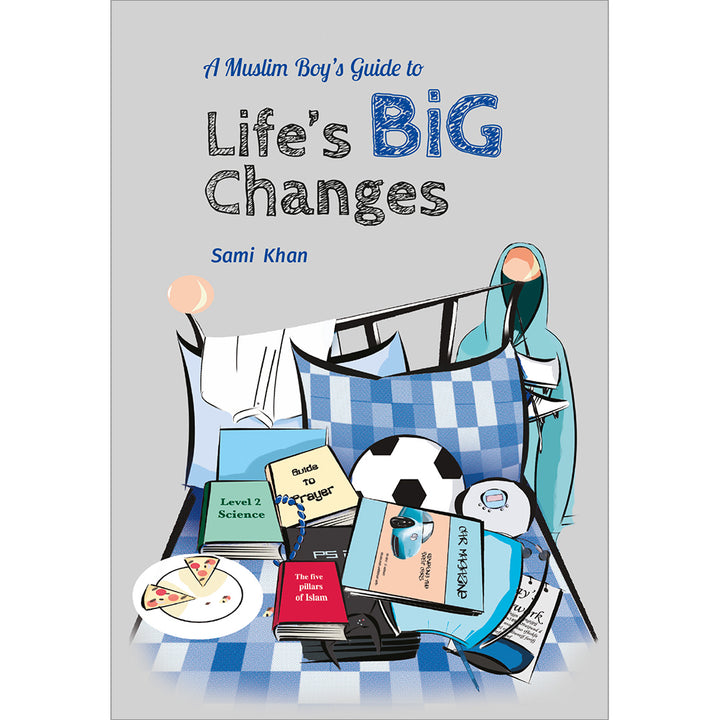The Ideal Muslim
About Tajoora
Tajoora in Brief
Tajoora LTD was registered in England on 2015 11 03 as a UK-based business to serve the purpose of providing quality educational materials and services to the people in the UK and in the EU (European Union).
Tajoora through its websites, tajoora.co.uk, tajoora.com and tajura.co.uk strive to distribute best-in-class Arabic Learning and Islamic Studies curricula and books; as well as supplemental and educational products. We also distribute our products through UK and EU retailers.
Tajoora is proud to act as a UK/EU branch of Noorart Inc. (noorart.com) of the USA. Noorart has been a leader in publishing and distributing Arabic and Islamic Educational items for the past 19 years.
Tajoora's Mission
Tajoora is dedicated to educating and inspiring our worldwide Muslim and Arab youth by distributing quality educational products.
Because we take the responsibility of being a leader in the community seriously, we choose to employ the best business practices available.
Tajoora: Your Partner in Islamic Education
Arab and Muslim parents often feel overwhelmed with the task of providing an Arabic and Islamic education to their children.
Tajoora (and its parent company, Noorart) understand this and have accepted the challenge of providing quality Arabic and Islamic products to assist these dedicated parents.
In fact, Tajoora –following suit of its parent company Noorart – has created an entire school division to fill the needs of Arabic and Islamic educators around the UK and the EU.
We offer the largest and most diverse selection of Arabic and Islamic curricula available in the world. Not only are private schools benefiting from these extraordinary products, but Arabic and Islamic learning centers and homeschoolers also take advantage of Tajoora’s offerings.
As always, we welcome your comments and continued support... Thank you!




























